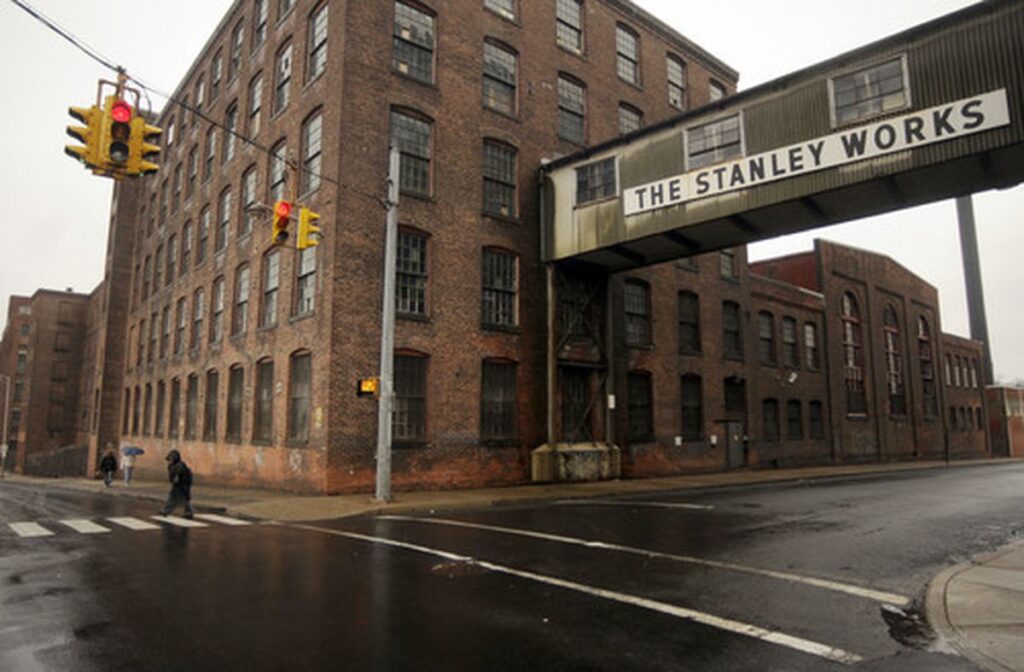A new report shows Connecticut lost businesses to the tune of 6.4% from 2008 to 2018, a fact a business advocacy group attributes to legislation hostile to the business community in the state.
Data from the U.S. Census Bureau compiled in a report by Commercial Café showed The Constitution State went from 75,842 businesses in 2008 to 71,019 in 2018. The sectors showing the biggest losses were manufacturing, construction and retail, according to the report.
Andrew Markowski, Connecticut state director of the National Federation of Independent Business (NFIB), said the state’s business decline is obvious.
“The numbers tell the story of what business owners have been talking about anecdotally over that time period, and that is that Connecticut is seeing fewer businesses – particularly small businesses,” Markowski told The Center Square. “You can drive up and down any main street in almost any of our 169 towns and cities in the state and you will see more vacant storefronts and commercial properties certainly than you did prior to the 2008 recession.”
Markowski pointed out that Connecticut never really recovered from that recession.
Compared to national numbers, Connecticut’s numbers are grim. Nationally, construction businesses declined by 5.5%, but in Connecticut, the report shows, they dropped 16.4%. Manufacturing businesses disappeared at a rate of 18.7%, the report states.
Connecticut’s policies haven’t been friendly to business, Markowski pointed out, and the costs associated with doing business in the state keep climbing.
“Policy-wise, Connecticut is an expensive place to do business in terms of taxes, in terms of the regulatory climate, in terms of labor costs, also in terms of energy costs, particularly electricity, and that hurts certain segments more than others, but particularly any business that is a high intensive user: think manufacturing for example,” he said.
What is less concrete is the anti-business sentiment seen coming from the state’s Legislature and governors, Markowski said.
“Every year there are bills introduced that send the wrong message to the business community,” he said. “Some of those pass, some of those don’t, but what the business owners will tell you is just the sheer introduction or discussion of an anti-business bill gets a lot of business owners thinking about what their next steps will be – whether that’s retirement, selling their business or contemplating moving out of state.”
Markowski said the state has a track record of sinking into recessions faster and then taking longer to climb out. He said the business community would say the current decline predates COVID-19.
“All of this starts back in 2011 when the Legislature passed a mandated sick leave policy, and at that time was seen as a lightning rod for the business community,” he said. “Ever since then, there have been attempts to keep changing that law and keep making it more broad based and applicable to more businesses.”
This article was originally posted on Connecticut lost 6.4% of businesses over a decade; pro-business group blames lawmakers, governors











More Stories
New Jersey committee approves bill that includes unemployment insurance tax credits for small businesses
71% of West Virginia small businesses struggling to find workers
Ohio unemployment improves; group warns of slowdown